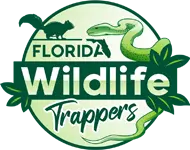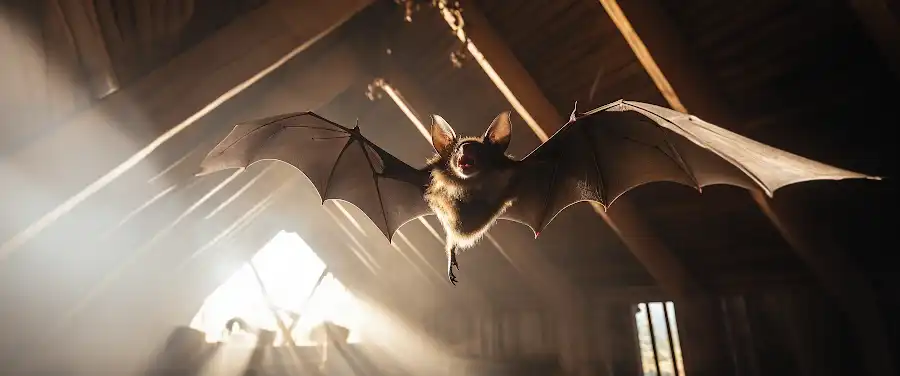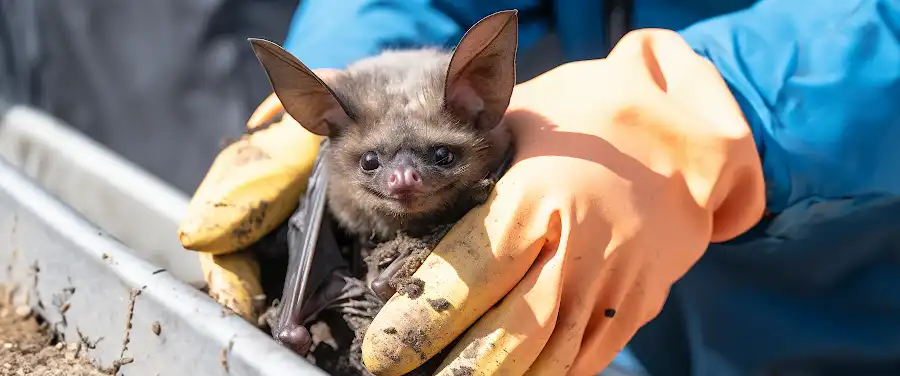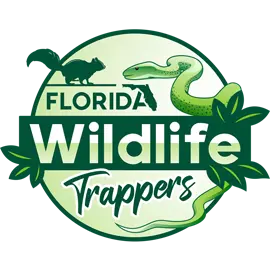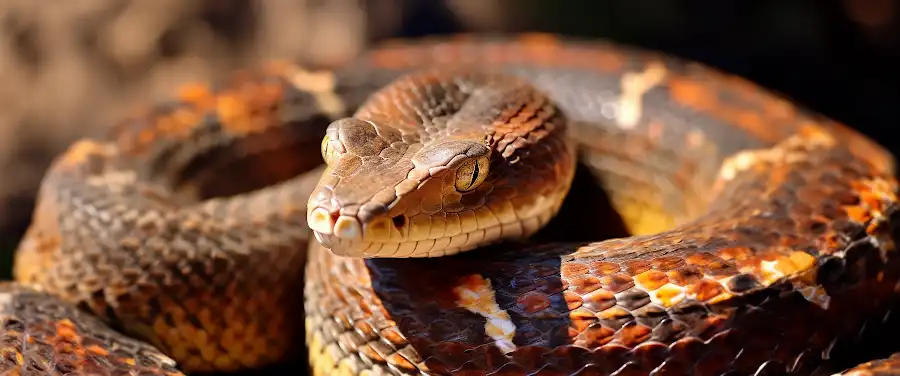
Imagine, on a cool Sunday morning, you open your yard door for a breath of fresh air only to find a snake, curled up nicely, enjoying the sun. If your immediate thought is to grab a shovel and shoo it away, stop and take a pause. It’s crucial to know that snake removal is not just about your safety but it also encompasses several legalities. In many parts of Central Florida, various laws govern snake removal, and missing a single one might land you in trouble or result in harmful encounters with these slithering creatures.
Why is understanding snake removal laws so vital, you might wonder? It’s simple. These laws are in place to ensure both humans and snakes co-exist, limiting potential harm to either party. One key thing to remember about Florida is that it’s home to a diverse snake population, which includes some nutritious species. Following the legal snake removal procedures helps protect these species, contribute to their conservation, and maintain the delicate balance of our ecosystem. You certainly wouldn’t wish to play a part in disrupting that, would you?
This article aims to demystify the laws surrounding snake removal but don’t worry, we’re not throwing complex legal jargon at you. Instead, we’ll be breaking down these laws and regulations into digestible bits, highlighting their importance, and outlining how you can abide by them. By understanding these rules, you’ll be equipped to handle a snake encounter in a manner that’s both legal and safe – quite a win-win, wouldn’t you say? And before we delve deeper, remember that knowing about snake removal is only part of the story. Knowing why we need to remove some of these creatures from our homes is essential and that’s what we’re exploring next.
How are Laws on Snake Removal Framed and Enforced?

Wondering how to get rid of unwelcome visitors slithering in your yard or home but baffled by the laws around safe and legal snake removal? Well, you’ve found the right place to demystify these regulations. In Central Florida, laws on snake removal are meticulously outlined and strictly enforced to protect both humans and our scaly friends. Understanding these laws, as well as the role of ethics in relation to them, is crucial. It’s not just about legality but also about ethics. Snake removal laws and regulations are intended to ensure that we coexist harmoniously with these creatures without endangering ourselves or violating their natural rights.
Who is Responsible for Formulating and Enforcing Snake Removal Laws?
You might be wondering, who keeps a watchful eye on snake removal activities in Central Florida? A few key bodies play an important role in this area. Primary among them are Florida Fish and Wildlife Conservation Commission and U.S. Fish and Wildlife Service. They design these regulations and oversee their implementation, ensuring that each snake is removed safely and ethically.
Their guidelines detail everything from the permitted methods of capturing a snake to how to handle a snake once caught and where to release them. They also provide identification resources to help people distinguish between hazardous and non-hazardous snakes- think of it as a snakes 101! Plus, they have a comprehensive list of licensed snake removal specialists who are trained to handle all kinds of scenarios.
| Authority | Main Role | Resources Provided |
|---|---|---|
| Florida Fish and Wildlife Conservation Commission | Formulating and enforcing regulations | Snake identification and handling guidelines, list of licensed specialists |
| U.S. Fish and Wildlife Service | Protecting wildlife and their habitats | Laws and regulations on snake removal |
You can find all the necessary legal and procedural information about snake removal on the respective websites of these organizations.
What Happens when Snake Removal Laws are Violated?

Now that you know the laws and who enforces them, you also need to understand the repercussions of violating these rules. The consequences for snake removal violations are stringent and rightfully so. Illegal snake removal can result in heavy fines and legal disputes. In some cases, individuals have even faced imprisonment.
Cases of snake removal violation are more common than you’d think. For instance, there have been cases where homeowners tried to remove or kill protected snake species, resulting in legal battles and heavy penalties. Law enforcement authorities take these violations very seriously, ready at all times to enforce stringent measures against offenders.
Consider this – in 2018, a man from Kentucky was caught illegally importing several venomous snakes, resulting in a federal case against him. This case serves as a harsh reminder of the potential legal consequences for individuals who refuse to abide by the laws and regulations surrounding snake removal.
Handling snake removal in a respectful, knowledgeable, and lawful manner is vital. It not only ensures your safety but also maintains the delicate balance within our ecosystem. You may see a snake as an unwanted guest, but remember – they too have a role to play in our environment. Now that you have a clearer understanding of the laws and regulations on snake removal in Central Florida, you know the right (and legal) course of action to take when you encounter these reptiles.
Stay tuned as we navigate through the intriguing intricacies of different regional and state laws in our next section, “Do Snake Removal Laws Vary Across Regions and States?“.
Conclusion
Well, there you have it, the ins and outs of the laws and regulations on snake removal in Central Florida. By now, you’ve probably realized just how crucial it is to handle these slithering critters legally and safely.
Sure, coming across a snake in your backyard can be unsettling, but remember, they’re an important part of our ecosystem. So, it’s absolutely essential to maintain a responsible snake removal behavior. Those in Central Florida, or any snake territory for that matter, should be well-informed about the local laws to ensure legal and safe removal of snakes.
While you might want to play the hero and remove the snake yourself, it’s always best to let the experts handle it to avoid any unnecessary harm to you or the snake itself. Adhering strictly to these laws designed to protect wildlife can actually make a larger impact than you might imagine.
When it comes to the safety of yourself, others, and the critter involved, always prioritize legal snake removal. Any error can lead to unsavory consequences for all parties involved. Before you attend to that unexpected snake guest, a quick recap of this article or a brief refresh of these laws can go a long way.
Remember, each snake encounter is an opportunity to co-exist better with the wildlife that shares our space. It’s a moment for learning, for you and the family too. So, the next time you experience a surprise snake visit in Central Florida, you’re prepared to handle it. After all, responsible snake removal behavior is non-negotiable! Ciao, until our next wildlife adventure!
